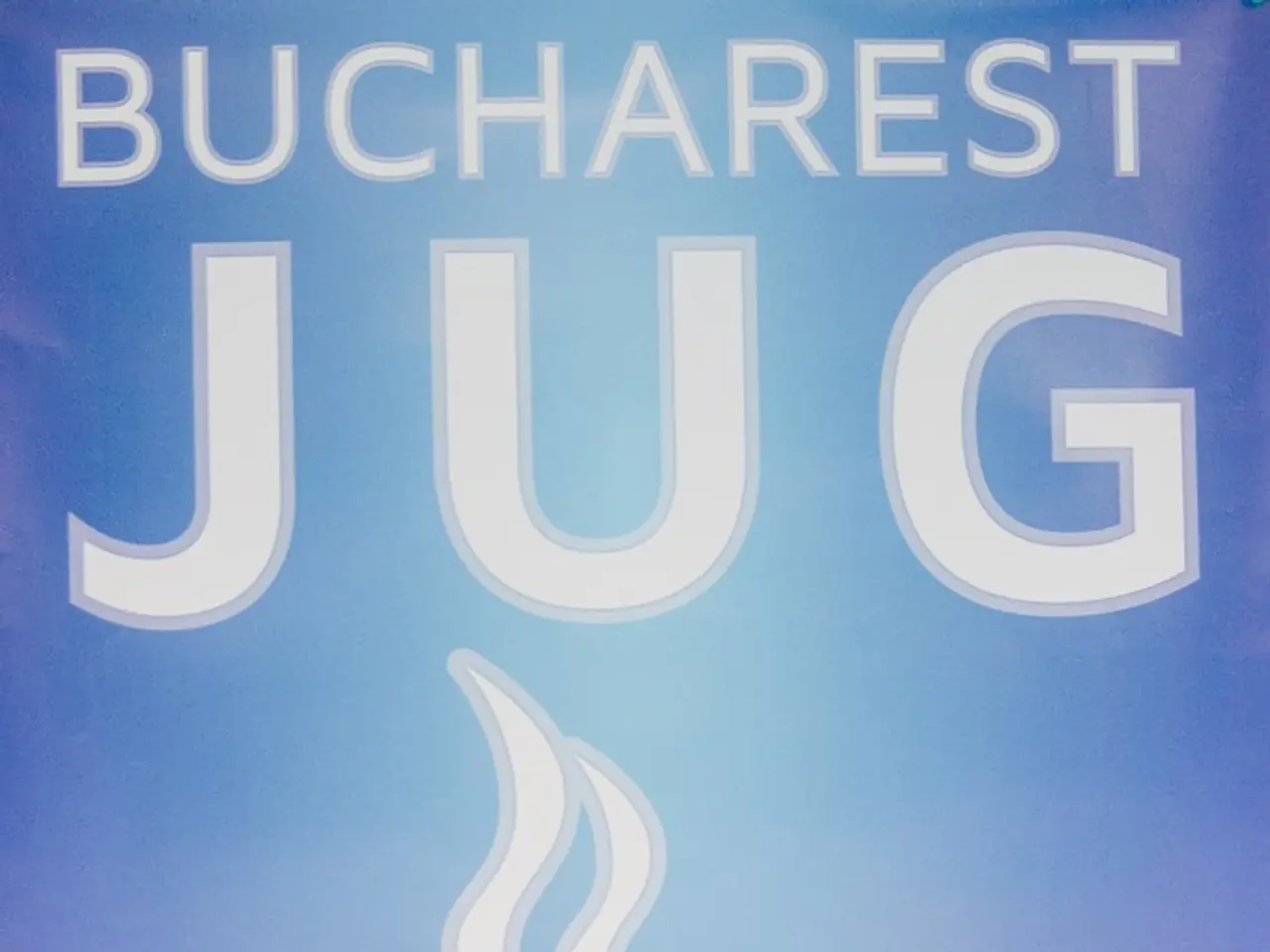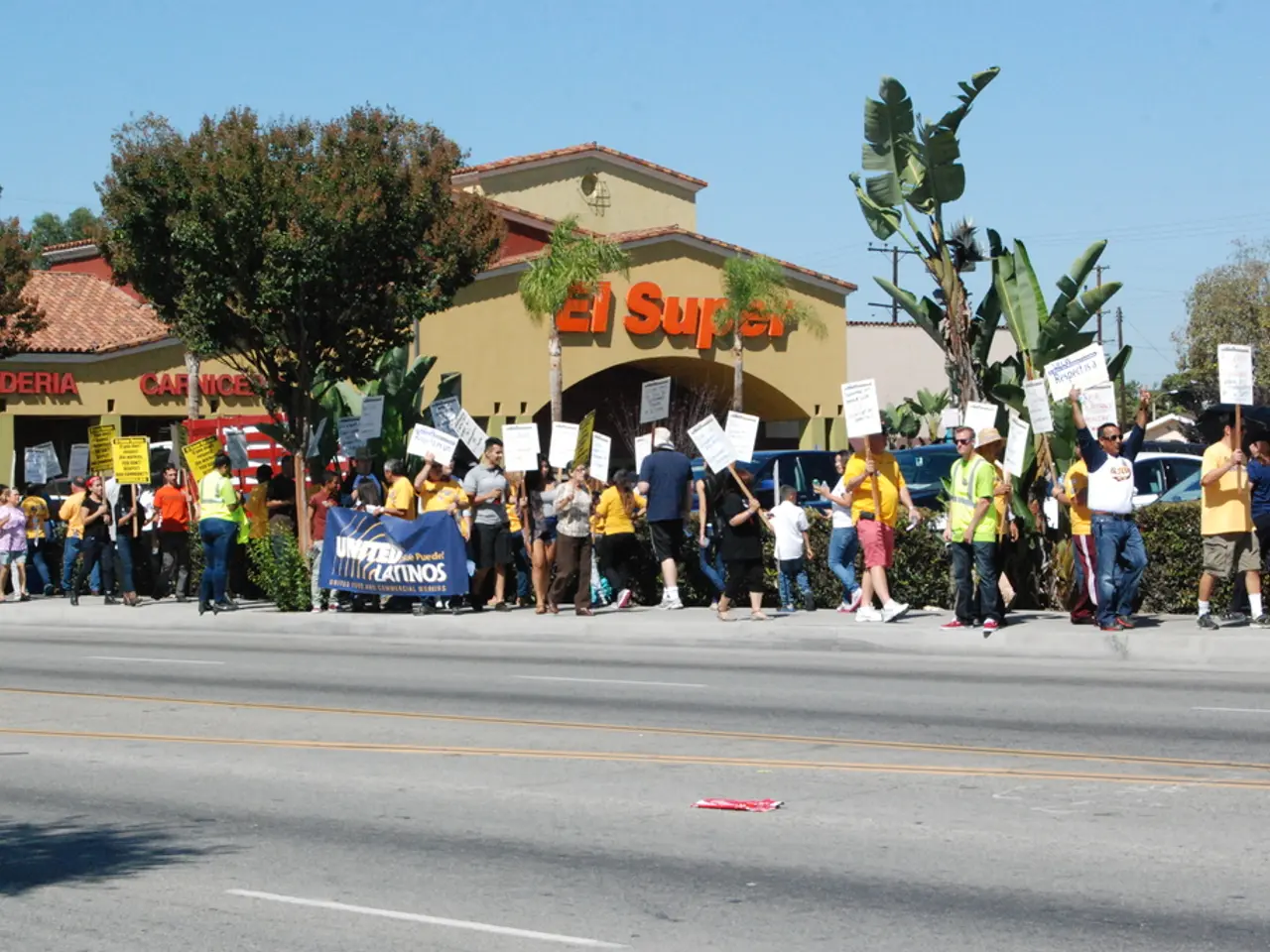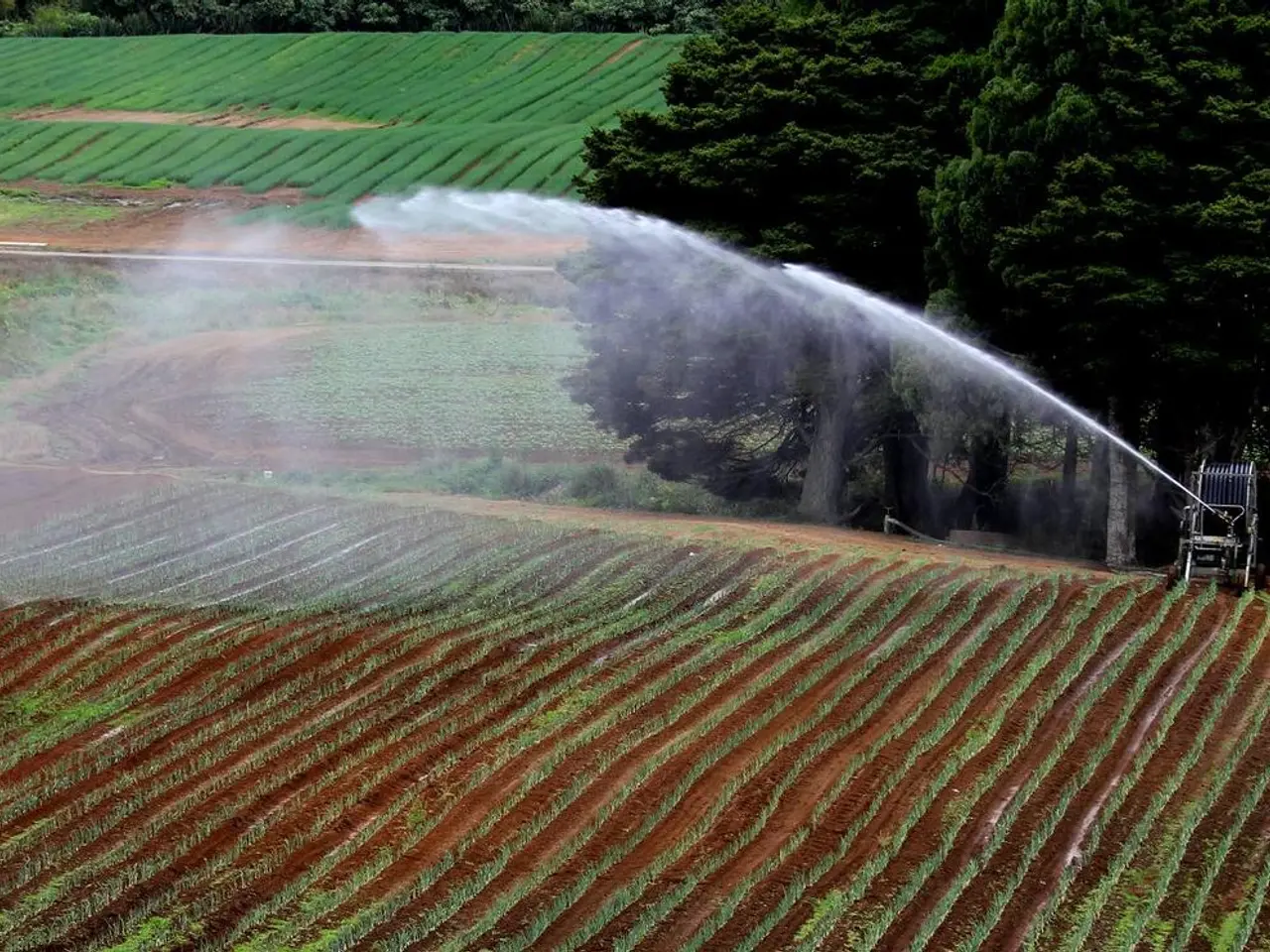Financial struggles faced by Dutch businesses amidst COVID-19: Exploring available financial relief solutions
In the face of the economic challenges posed by the COVID-19 pandemic, the Dutch government and financial sector have taken significant steps to help businesses struggling to meet payment obligations. This support is aimed at sustaining business dynamism and fostering innovation, with the ultimate goal of economic recovery.
The Dutch government has prioritised the preservation of a sustainable and enterprising economy. The Ministry of Economic Affairs and Climate Policy encourages innovation and provides room for entrepreneurs to innovate, which can help businesses adapt and recover from pandemic-related difficulties. The ministry also focuses on balancing business and consumer interests to support long-term prosperity.
European savings and retail banks, including those in the Netherlands, have played a crucial role in sustaining businesses and families during the pandemic. These banks have continued to support customers by providing additional funding and facilitating the flow of EU funds, helping businesses manage cash flow challenges during and after the pandemic.
One of the key initiatives is the BMKB scheme, which offers additional financing for Small and Medium-sized Enterprises (SMEs) affected by the coronavirus crisis. SMEs and smaller companies with up to 250 employees and an annual turnover of up to €50 million or a balance sheet total of up to €43 million can apply for the BMKB scheme. The scheme now offers an increased maximum credit of €1.5 million and a personal surety of 10% is required from the entrepreneur.
Rabobank offers a 6-month amortisation holiday for loans up to EUR 3 million, with a case-by-case approach for amounts exceeding EUR 3 million. RegioBank and SNS also offer up to a 6-month interest/amortisation holiday on a case-by-case basis. ING offers easements with regard to amortisation for credits exceeding EUR 2,500,000, with a 6-month period and consultation necessary.
Agricultural and horticultural companies can apply for a government guarantee on their credits, with a maximum of 90% of a total loan of up to €2.5 million. Qredits offers bridge loans and temporarily postpones repayment and lowers interest for existing customers, up to €250,000. Qredits also provides credit to small entrepreneurs and freelancers who are not customers, for a bridge loan (application process provided).
The GO scheme, which guarantees a maximum of 50% of a maximum loan of €50 million, has had its total guarantee amount increased from €400 million to €1.5 billion and the maximum amount per company temporarily increased to €150 million in response to the coronavirus. The extended guarantee for small and medium-sized enterprises (BMKB) has been opened up, allowing banks to extend credit faster and temporarily increasing the government guarantee from 50% to 75% for loans up to €266,667.
While financial covenants under bank loans may be at risk for some entrepreneurs by the end of the quarter due to declining revenues, rental income, and possible decreased value of real estate, the Dutch government and financial sector are working to address these challenges. Start-ups, companies focused on technological innovation, and businesses affected by PFAS and carbon emission problems may receive additional support within the BMKB.
Triodos offers tailor-made solutions if the measures announced by the Dutch Bank Association prove to be insufficient. The government is also working on an arrangement for agricultural entrepreneurs, with more information available on the extra module added to the existing scheme.
For detailed and up-to-date specifics on direct financial relief or payment obligation deferral programs, consulting official Dutch government or financial institution websites would provide the most precise information. It is important to note that these measures are subject to change as the situation evolves.
The Dutch government and Ministry of Economic Affairs and Climate Policy have implemented measures to encourage innovation in businesses, as part of their efforts to sustain the economy and foster recovery from pandemic-related struggles. European banks, such as Rabobank and RegioBank, have offered financing holidays and additional funding to businesses, including Small and Medium-sized Enterprises (SMEs), to help them manage cash flow challenges during the COVID-19 crisis.




